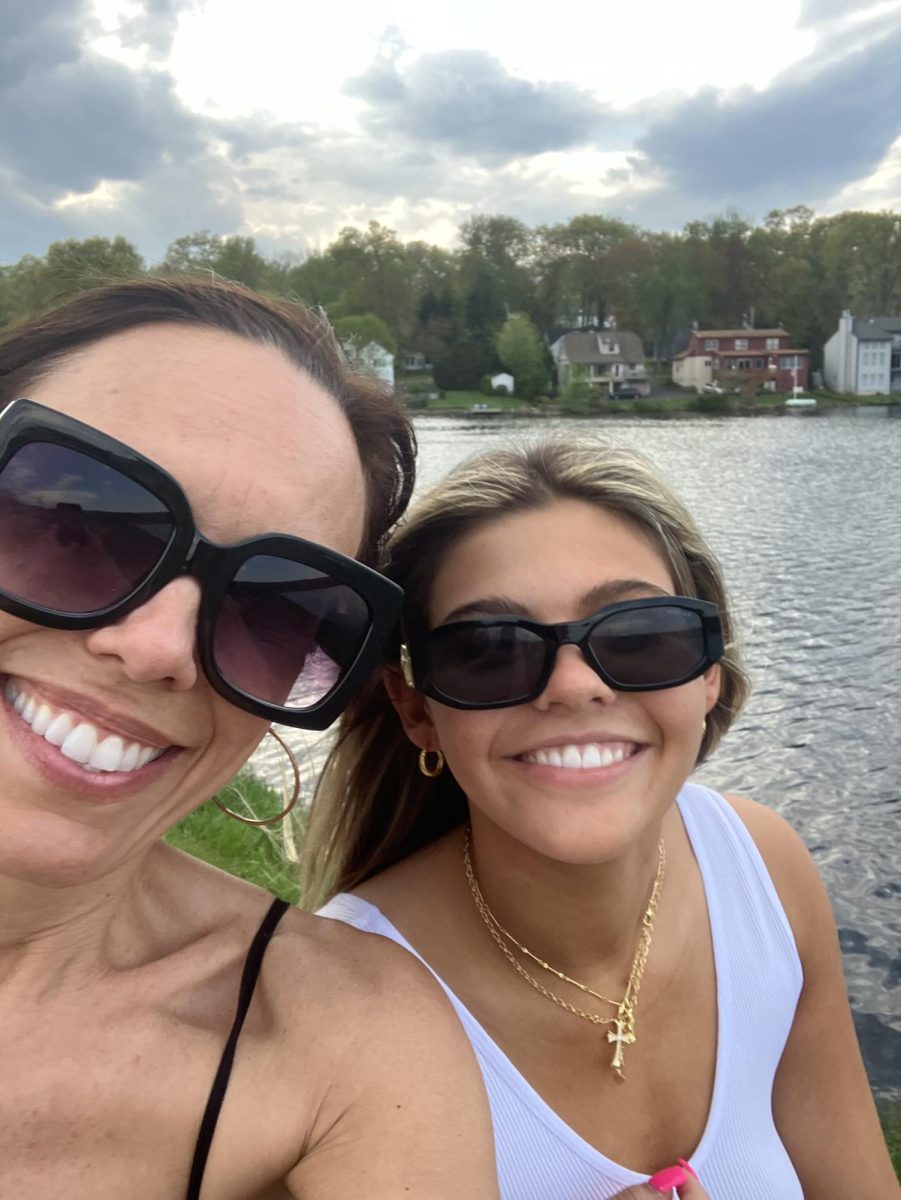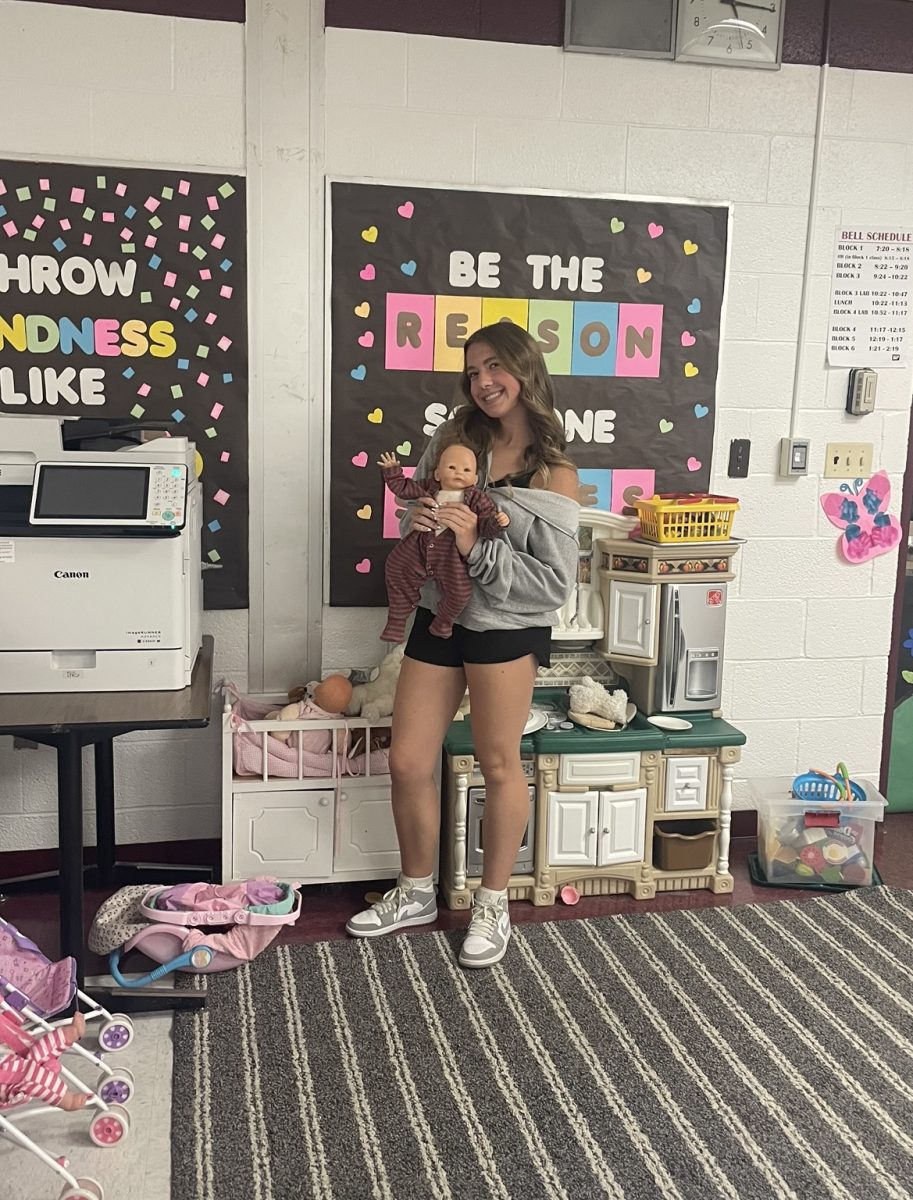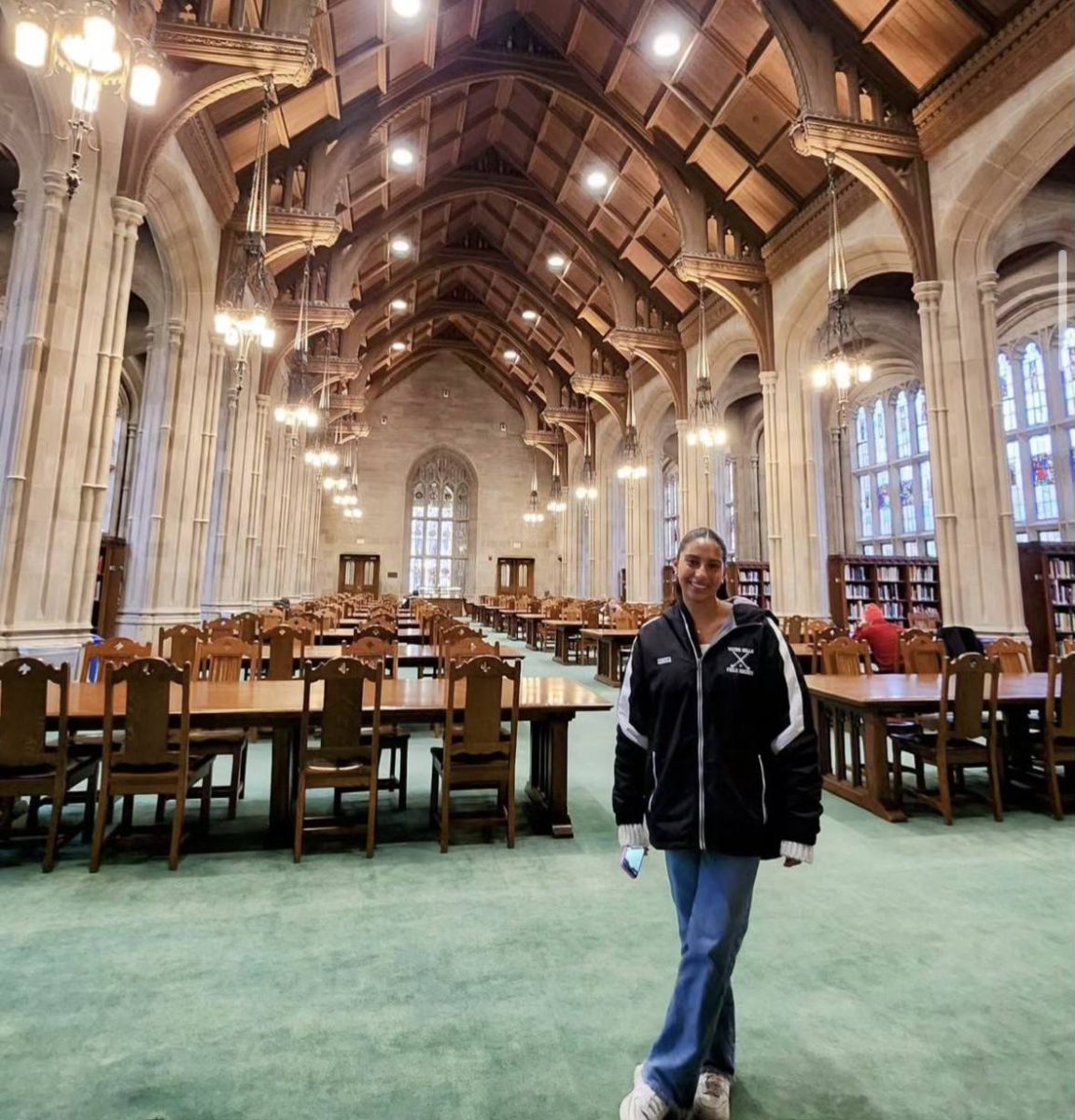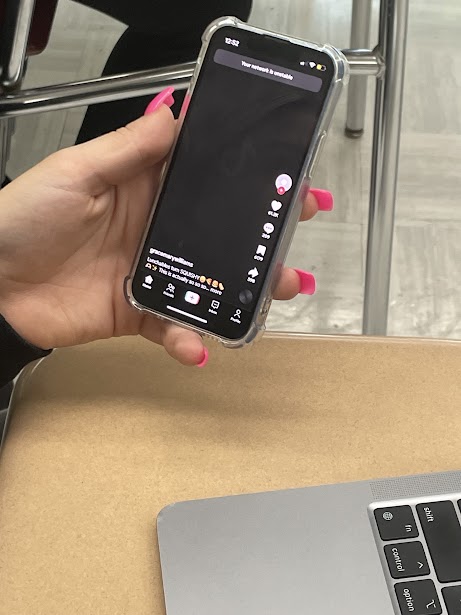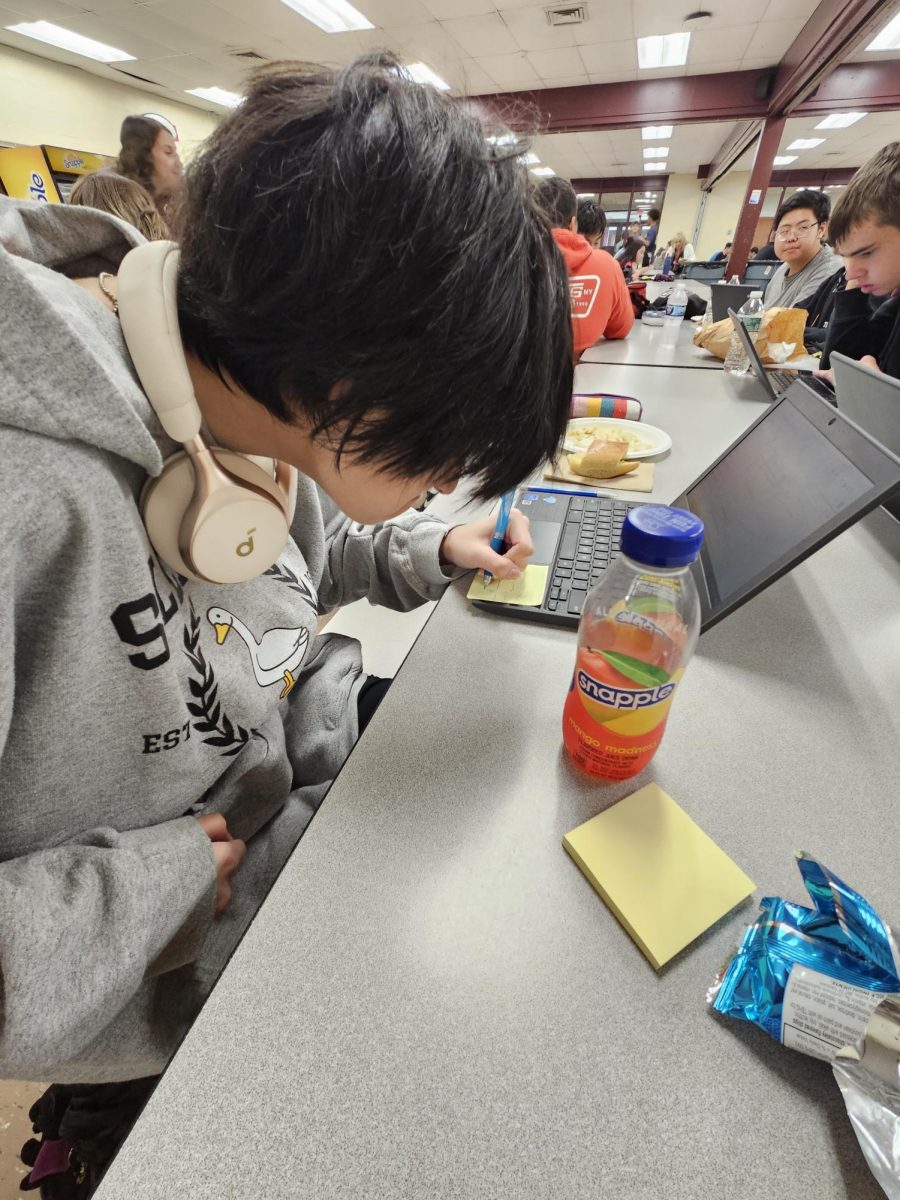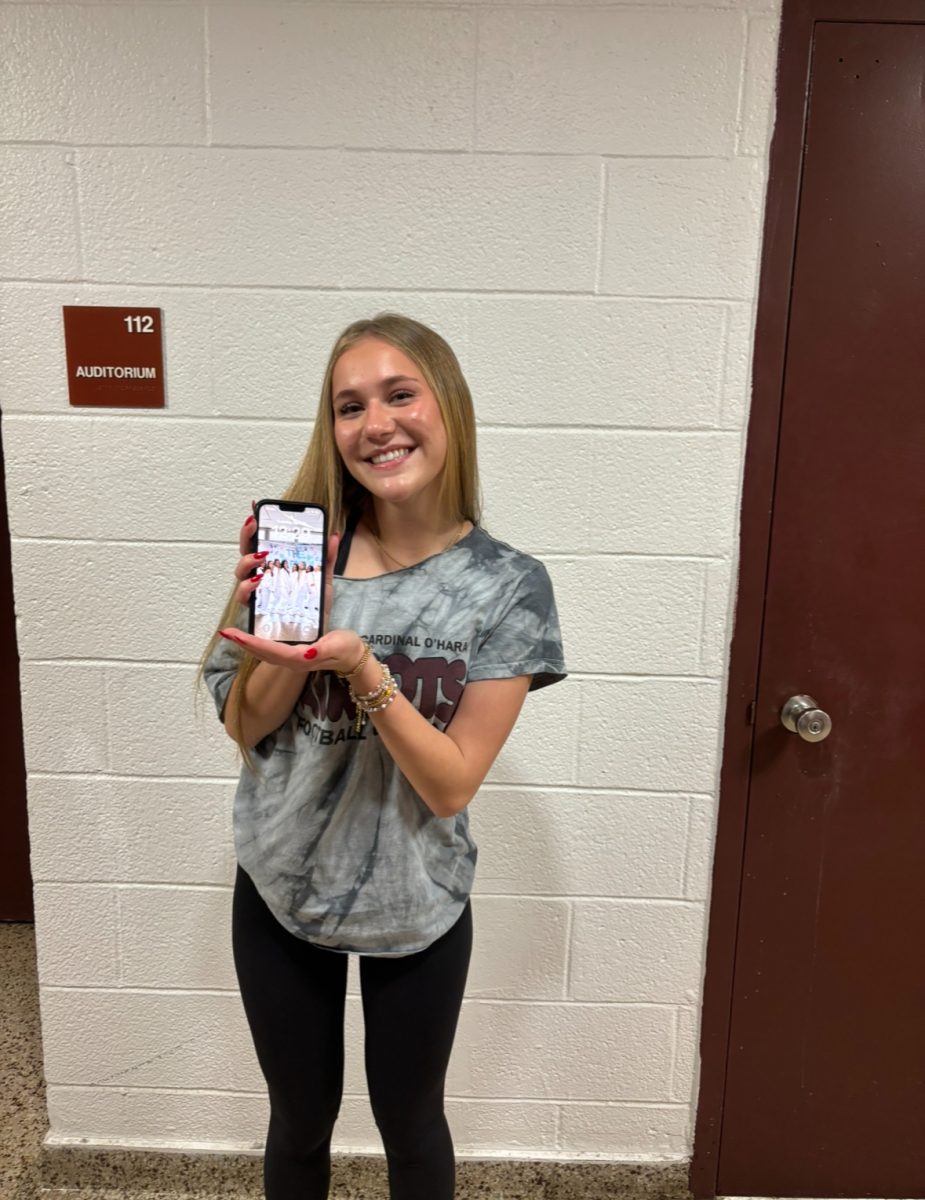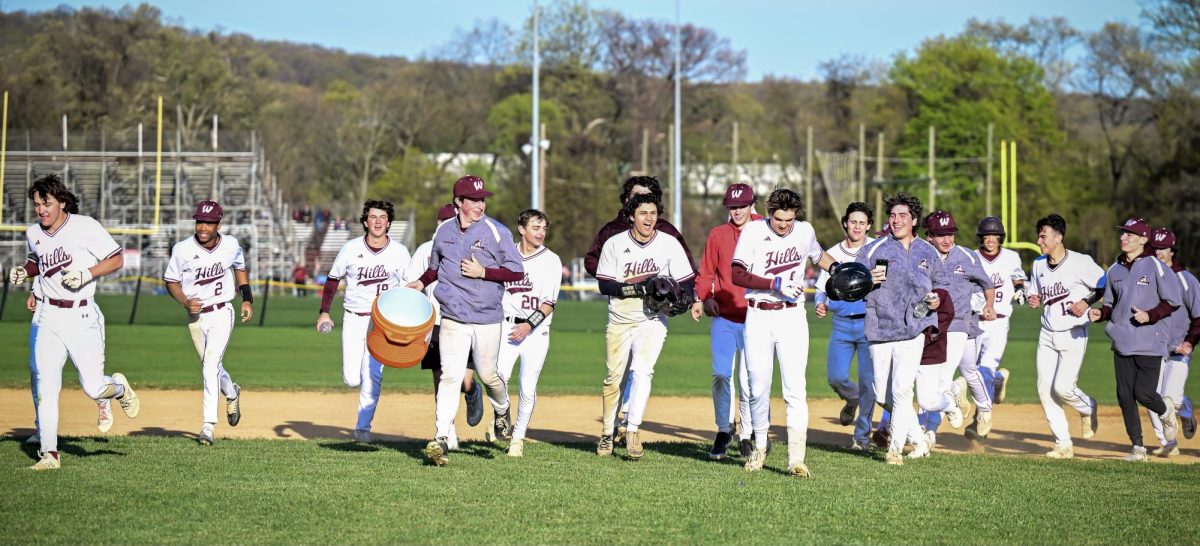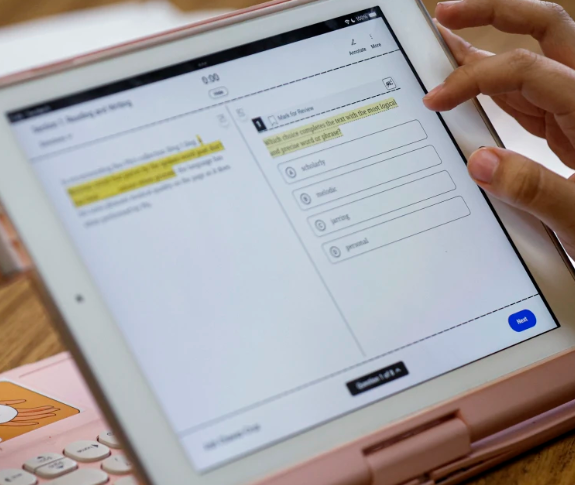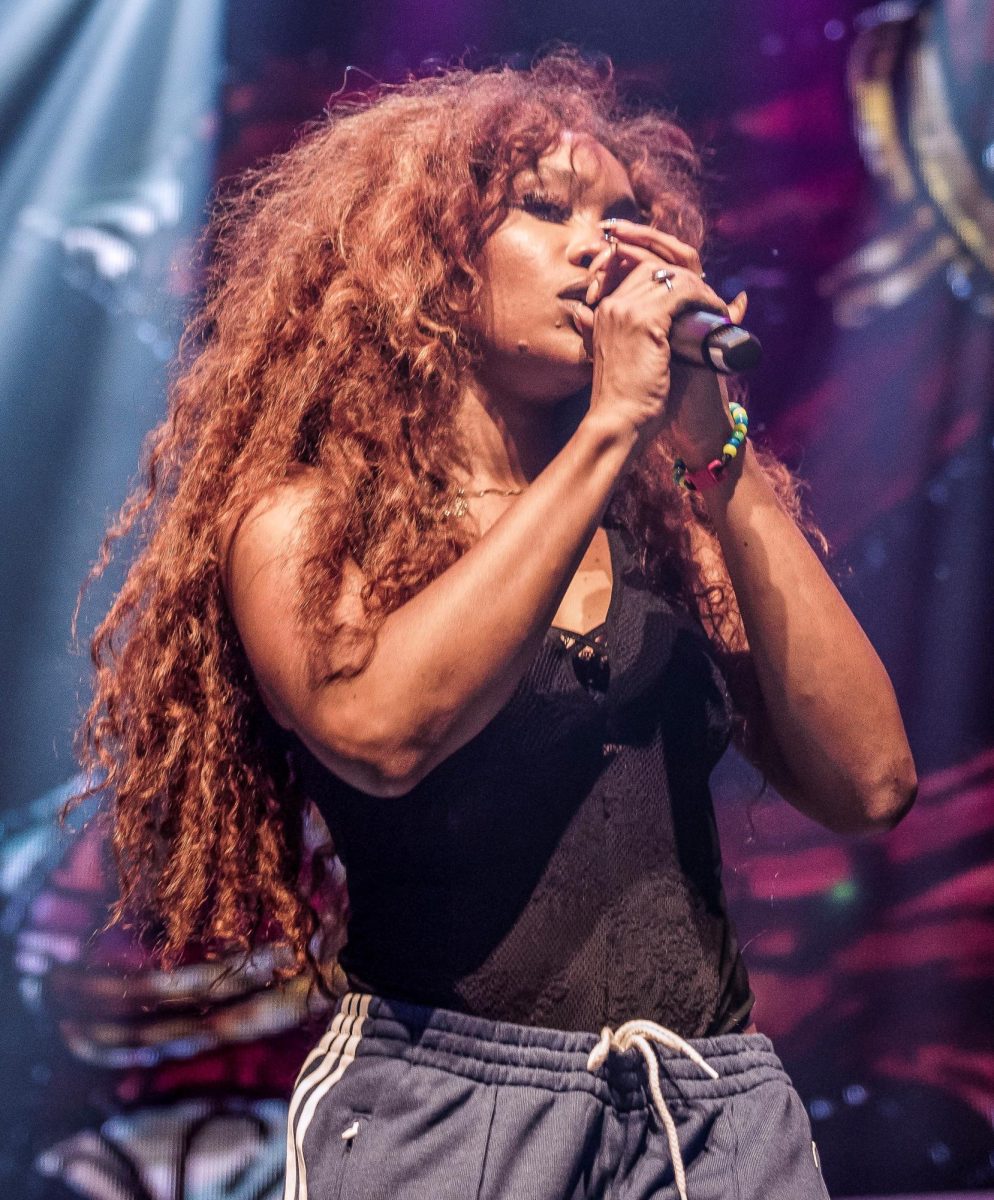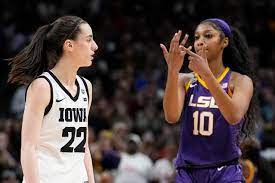Jules Jaworowski: What It Is Like To Be Blind
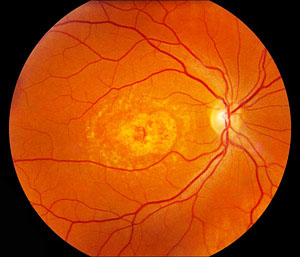
May 2, 2019
What would you do if you were nine-years-old and your vision gradually deteriorated?
Jules Jaworowski is a freshman at Wayne Hills High School living with Stargardt’s disease. She is completely blind in her right eye and has 20/600 vision in her left eye, which is classified as blind.
She said it began when “I stopped making eye contact and [my mom] took me to the eye doctor. They said I needed reading glasses, but my mom knew something else wasn’t right.”
At this point, Jules had gone to several eye specialists and had no idea what was happening to her vision nor how to fix it.
“When I failed a color blind test the fourth specialist I went to told my mom she thought I had Stargardt’s but they didn’t have the machinery to be sure and recommended the Columbia Hospital in New York.”
Despite confirmation that she did indeed have the disease, the diagnoses did not deter Jaworowski. Instead, she persevered.
Q: How do others react to your illness?
A: “Blindness is apparently quite shocking to most people, but people usually feel bad so I always try to lighten the mood because I don’t like the sympathy.”
Q: What are the hardest things that come with blindness? What are the types of accommodations made for you?
A: “It’s hard navigating new or crowded areas, but there are options like a white cane or a guide dog or a human guide. For school, I use my big, clumsy machine called a viseo book, which magnified my papers along with the board. I use an iPad instead of a Chromebook and I have been lucky enough the school has been extremely supportive in terms of sports and they have been willing to make any adjustments needed, but that’s mostly on the coaches. I also learned Braille as a back up if I ever need that.”
Q: How does your illness affect your motivation in school to continue with your education, despite the challenges?
A: “In the end, sight or not, I want to make sure I get the most out of my life. I’m super stubborn and want to be as independent as possible. I never want someone else’s help. If I get the most out of my education, I can move on to get a real job and again just make the most of what I got.”
Jules participates in numerous after-school activities, including swimming and track.
She says, “There are always adjustments that can be made and nothing is impossible. I can do anything the way you do it, but the only thing that changes is I count my strokes from the wall to wall and strides on the track. To be honest, I don’t really know how I do it.”
I think we can all learn a lot from Jules’s story and an ongoing amazing attitude. Not only does she have so much positivity, but she also has an incredible personality. Everyone has challenges, while some are more obvious than others, we all go through obstacles in our lives. What’s most important is how we deal with it.
Jules is a great example of how to embrace challenges and inspire others immensely. She inspires and amazes me daily.
As high school students, we all complain about frankly trivial things, but we can all learn to be more thankful in our lives.



